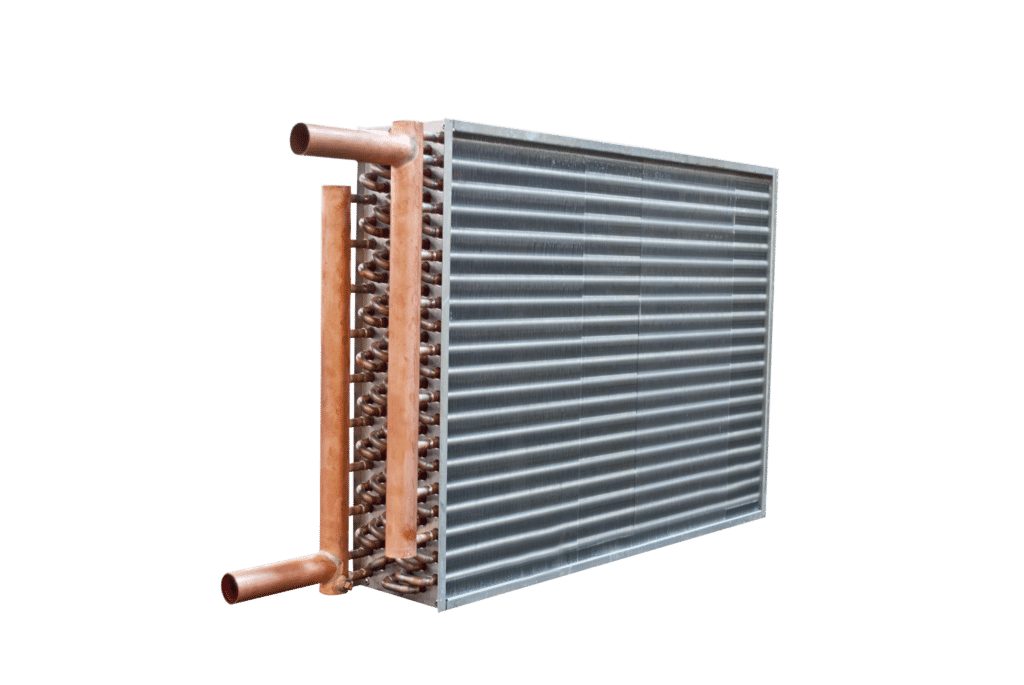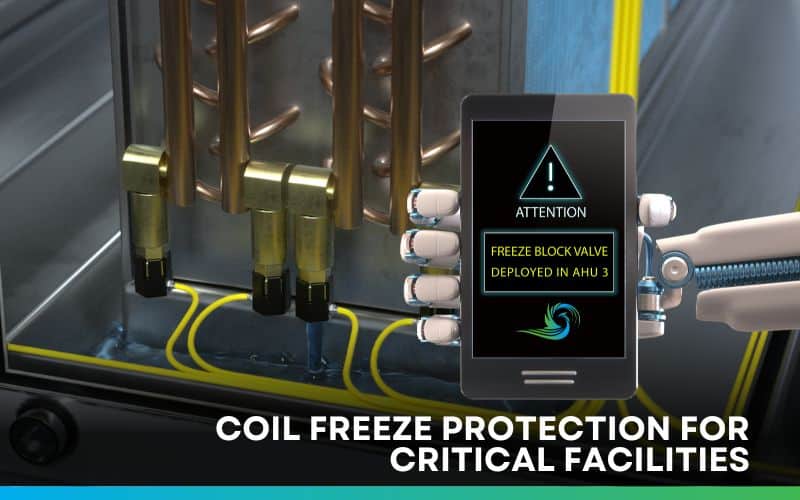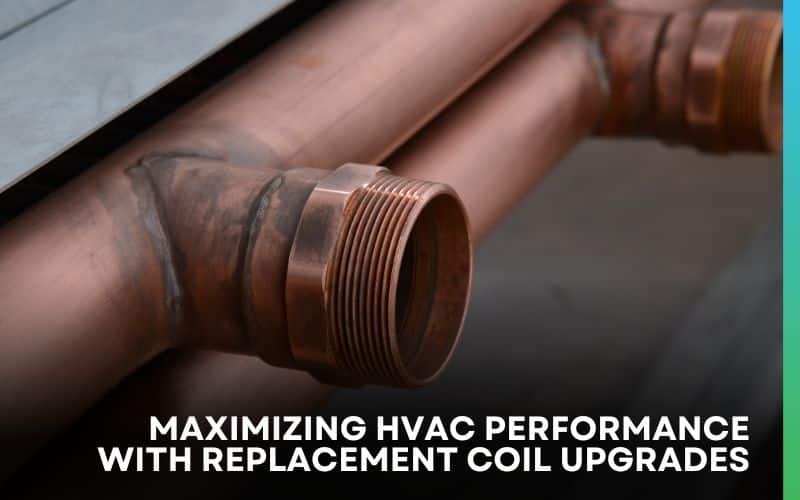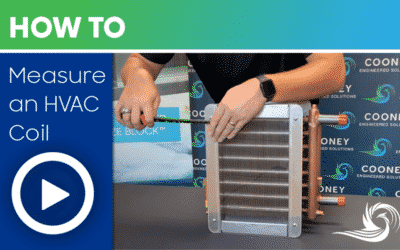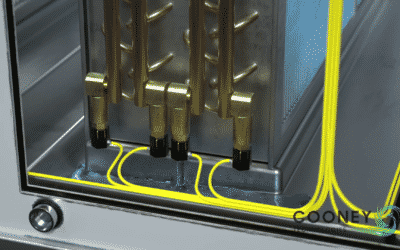When it comes to keeping your building comfortable, hot and chilled water coils are essential. Hot water coils are used to heat the air in a building, while chilled water coils are used to cool it. But when temperatures drop, both of these coils can be at risk of freezing. That’s why it’s important to understand why hot and chilled water coils freeze and how to prevent it.
What are Fluid Coils and What Role Do They Play in an HVAC System?
Fluid coils are an essential part of any HVAC system. They are used to transfer heat from one medium to another, such as from hot water to air or from chilled water to air. Hot water coils are used to heat air, while chilled water coils are used to cool air. Glycol coils are also used in HVAC systems, but they are designed to prevent freezing in cold climates.
Why do Hot Water Coils and Chilled Water Coils Freeze?
When it comes to hot and chilled water coils, it’s important to understand why they freeze and how to prevent it. Hot water coils are used to heat air, while chilled water coils are used to cool air. Both types of coils are susceptible to freezing, especially when they are exposed to cold temperatures.
Fluid HVAC coils can freeze when the temperature drops to 32°F or below. This happens because water within these coils can freeze and expand, leading to excessive pressure buildup.
Such pressure can cause significant damage to the coil within a matter of minutes. The resulting ice forms within the tubes of the coil and as it expands, it builds tremendous pressure that eventually causes the coil to split and leak. This process not only leads to costly and time-consuming maintenance and repairs, but also results in downtime.
When the ice thaws, it can cause considerable subsequent damage due to potential flooding.
Common Causes of Frozen Fluid Coils
Fluid HVAC coils, including hot water, chilled water, and glycol coils, can freeze due to several reasons. These include central plant or power failure, mechanical malfunction, human error, or improperly drained coils.
In the event of a power outage, the pumps and Air Handling Units (AHUs) stop working, causing the temperature inside the AHU cabinet to drop significantly. Mechanical malfunctions such as broken fans or damper failure can also hinder airflow and result in coil freezing. Human errors, such as incorrect equipment settings, can cause the coils to be exposed to extreme weather conditions as well.
Lastly, if the coils are not properly drained, residual water can freeze, expand, and cause the tubes to rupture or burst.
Want to learn more about why HVAC coils freeze and how to prevent it? Dive into our in-depth article guide to How HVAC Coils Freeze for a comprehensive understanding of this issue.
Want to learn more about why coils freeze and how to prevent it?
Dive into our in-depth guide to How HVAC coils Freeze for an understanding of causes and solutions.
Preventative Strategies Keep Your Fluid Coils From Freezing
Keeping your fluid coils from freezing is essential for the proper functioning of any HVAC system. Nobody wants to experience the hassle and expense of repairs or replacements.
Preventing frozen HVAC coils can involve a combination of strategies including the use of Freeze Block Coils, freeze stats, periodic draining of coils, recirculating pumps, and glycol for antifreeze. These methods help maintain optimal temperatures, control fluid flow, and ensure effective heat transfer, reducing the risk of coil freezing and subsequent damage.
Each strategy comes with its own set of considerations and maintenance requirements, making it crucial to understand their functionalities and benefits.
Want to learn more about these preventative measures and how to effectively implement them? Dive into our comprehensive guide to How HVAC Coils Freeze to safeguard your HVAC system against freezing and ensure its efficient operation.


